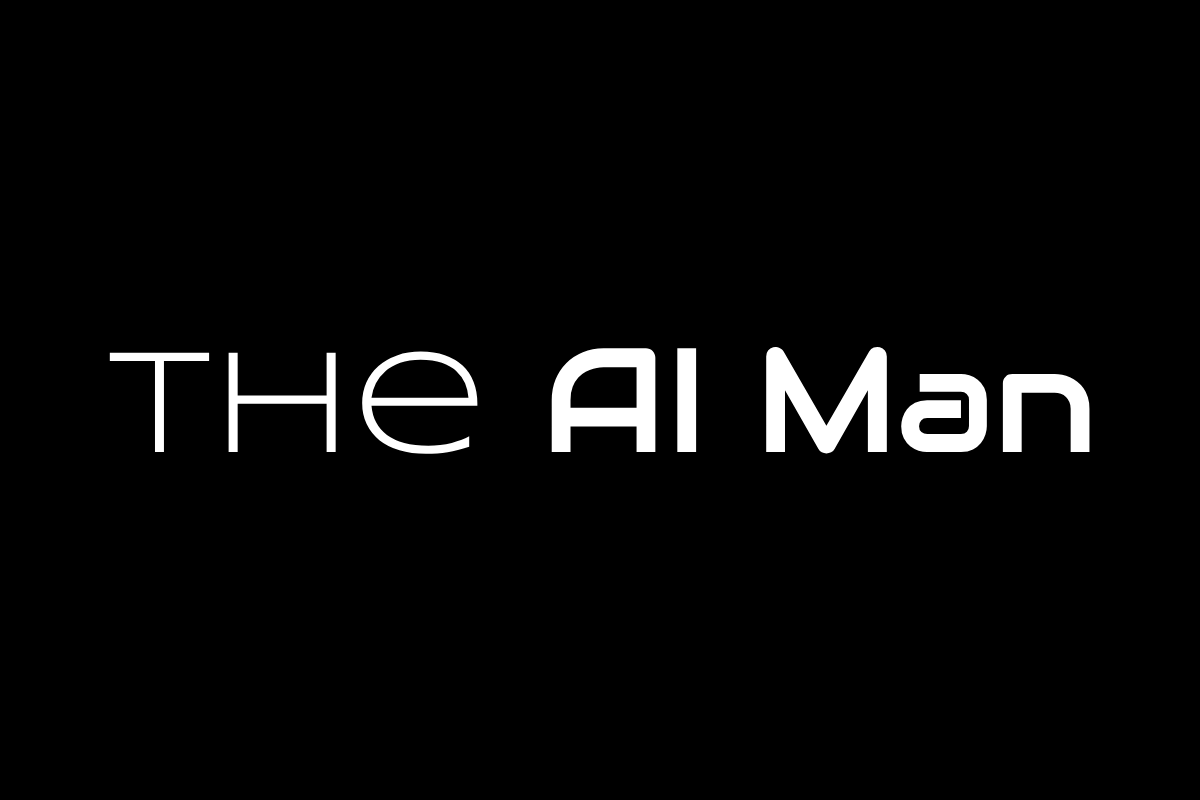When tech partnerships turn sour, the fallout can reshape entire industries
The AI world is watching a legal drama unfold between Eliza Labs, a small AI startup, and Elon Musk's X Corp. What started as partnership discussions has erupted into a federal lawsuit that could change how tech companies collaborate forever. Eliza Labs claims X stole their AI-agent technology during negotiations, then blocked their access and launched competing products.
Think of AI agents as digital assistants that can work independently on social media—posting, responding, and managing accounts without human intervention. Eliza Labs had built sophisticated technology for this, but now alleges X took their ideas and ran with them instead of partnering fairly.

The Billion-Dollar AI Agents Gold Rush

AI Agents market is projected to grow from $5.43 billion in 2024 to $52.62 billion by 2030, representing explosive growth in the sector
This isn't just about one company's complaints—there's serious money at stake in the AI agents market:
Explosive Growth: The market is projected to surge from $5.43 billion in 2024 to $52.62 billion by 2030 (MarketsandMarkets)
Real Impact: These aren't simple chatbots; AI agents can autonomously manage social media, handle customer service, and execute complex business tasks
Platform Power: Companies like Eliza Labs need access to major social platforms to make their technology work, giving platform owners enormous leverage
Geographic Dominance: North America leads with 37.92% of the global market, worth $1.3 billion in 2023
When you understand these numbers, it becomes clear why control over AI agent technology is so valuable—and why companies might fight dirty to get it.
Tech Giants Under Legal Fire

Major tech companies are facing multiple antitrust challenges, with Meta leading in the number of significant federal cases
Eliza Labs' lawsuit joins a growing wave of antitrust cases targeting Big Tech:
Meta's Double Trouble: Fighting the FTC's demand to sell Instagram and WhatsApp, with Zuckerberg testifying in court in April 2025
Google's Ad Empire Crumbles: Already lost a major case over online advertising monopolies
Apple's Walled Garden: Faces DOJ allegations of monopolizing the iPhone ecosystem through restrictive practices
X's Contradictory Position: While being sued by Eliza Labs for alleged theft, X is simultaneously suing Apple and OpenAI for anti-competitive behavior
The pattern is clear: regulators and smaller companies are pushing back against tech giants' dominance across multiple fronts.
The Innovation Chill Effect
Beyond the legal drama, this case threatens something more fundamental: trust between big platforms and startups. Eliza Labs claims X demanded a crushing $50,000 monthly license fee—what many see as a deliberate attempt to price out smaller competitors.
The real danger? If startups can't trust major platforms during partnership talks, innovation could slow dramatically. Developers are already becoming more secretive about sharing technical details, worried their ideas might be stolen rather than fairly licensed.

Looking Ahead: New Rules for Tech Partnerships
This legal battle represents more than corporate drama—it's a turning point for how the tech industry operates. As AI becomes more valuable and platforms more powerful, these conflicts will only intensify.
For entrepreneurs, the message is stark: protect your innovations zealously and assume every partnership discussion could end in court. For consumers, this wave of legal challenges might eventually mean more choices and fairer competition in the AI tools shaping our daily lives.
The courtroom showdown is just beginning, but it's already forcing the entire industry to reconsider the rules of collaboration in the AI age.
You heard it here first! 📰

